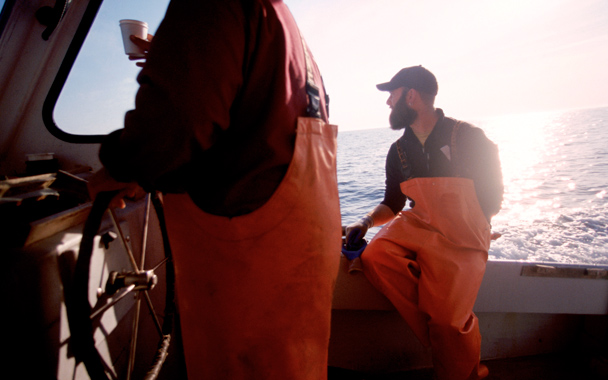In 1992, the Canadian government put in place what was to be a two-year moratorium on cod fishing off Newfoundland and Labrador. The shutdown was seen as a last-ditch effort to save the local cod population—which had been fished commercially for 500 years—from extinction. There was only one problem with the drastic step: It didn’t work. The population did not rebound, and the fishery stayed virtually closed for 16 years. Biologists feared that the fish had dwindled to the point of no return.
But late last month came the first glimmer of good news. George Rose, who heads the Fisheries Conservation Group at Newfoundland’s Memorial University, returned from a two-week scientific voyage to the Grand Banks and reported the beginnings of what could be a major comeback for northern cod.
“It’s very exciting to see,” Rose told the Independent, a local weekly paper. “Their behavior looks more like it should—[…] cod are behaving like codfish, which they haven’t done for a long time.” That behavior includes swimming at the right depth and (particularly important to a decimated population) taking part pre-spawning courtship rituals. “I haven’t seen anything so promising in 16 years,” Rose said.
Sadly, almost immediately after the good news broke, dark clouds began to build up on the horizon. Hedley Butler, a Newfoundland fisherman and politician, used Rose’s report as ammunition in his campaign to open the cod season with increased quotas, saying that the waters were teeming with fish.
Perhaps Mr. Butler’s memory is short. Greed was what nearly killed off the cod in the first place. At this first sign of rehabilitation, patience and caution seem to be in order—or, as Rose phrased it (somewhat less diplomatically): “That’s the dumbest idea I can think of.”




 Pinterest
Pinterest


